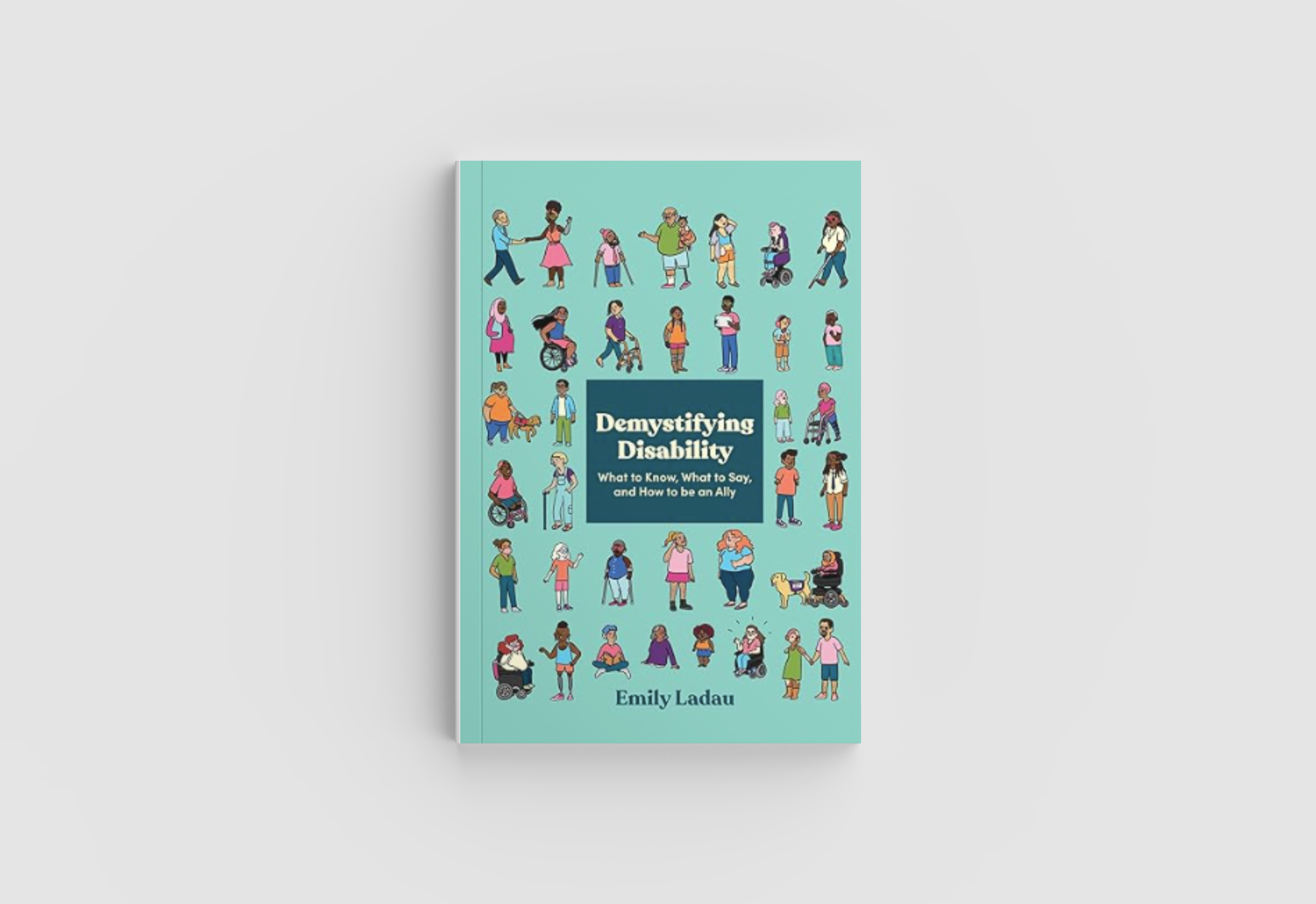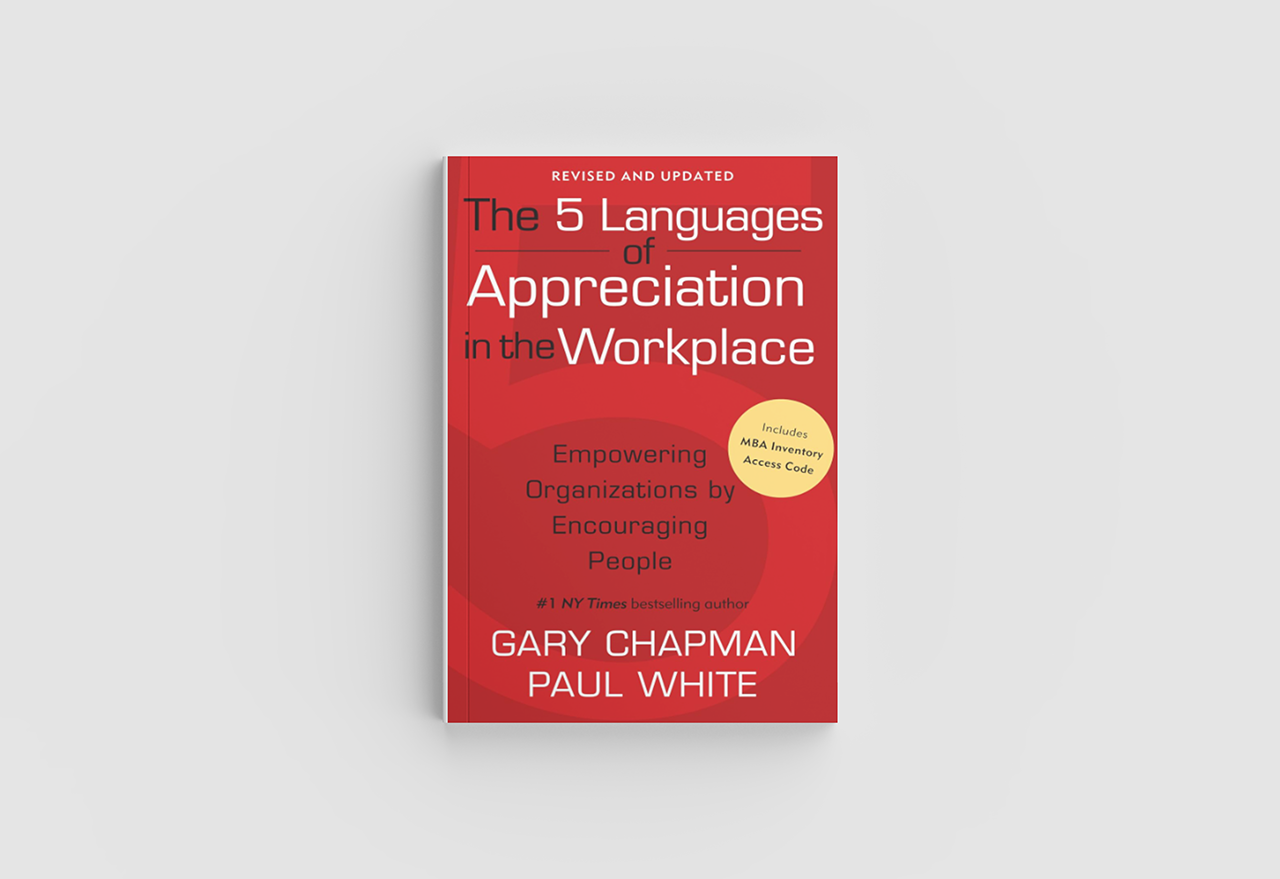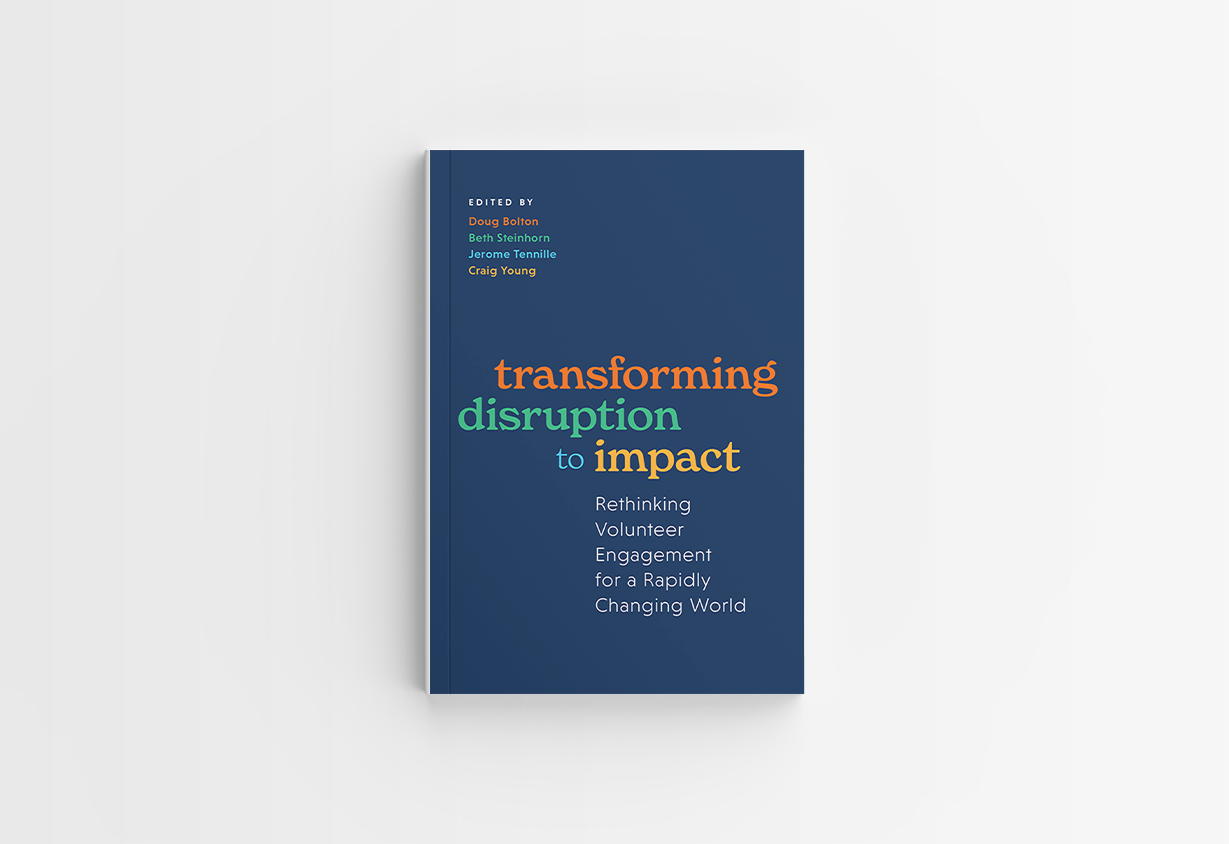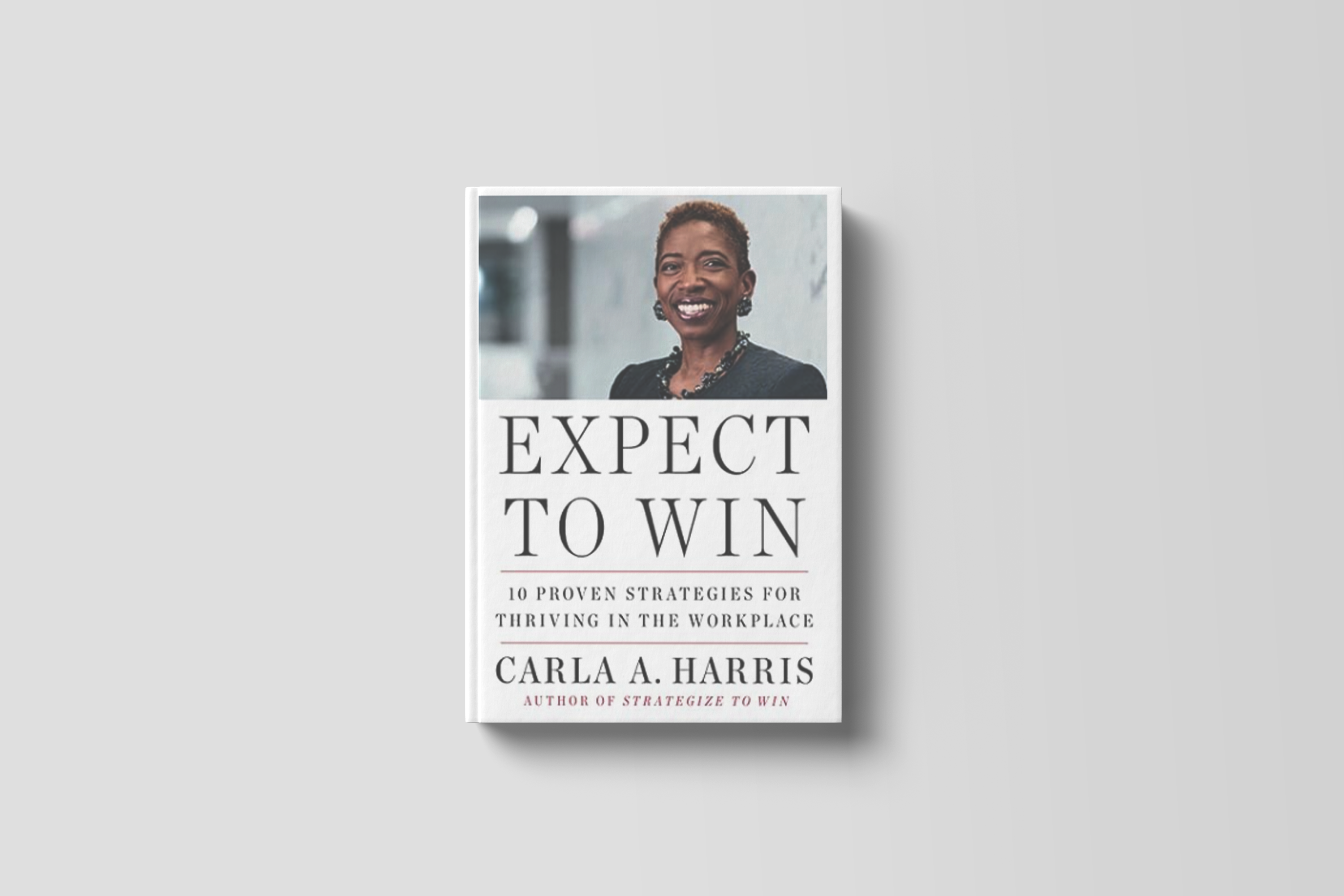BETTER IMPACT BOOK BITES: The 5 Languages of Appreciation in the Workplace
This Month's SelectionThe 5 Languages of Appreciation in the Workplace: Empowering Organizations by Encouraging People, by Gary Chapman and Paul...
4 min read
![]() Nicole R. Smith
Jul 18, 2023 2:44:25 PM
Nicole R. Smith
Jul 18, 2023 2:44:25 PM

This Month’s Selection: Demystifying Disability
By Emily Ladau
The eighth in a series of Better Impact Book Bites
A taste of great books worth consuming.
Emily Ladau is a speaker and writer who started advocating for disability rights at the young age of 10 years old, when she appeared on a few episodes of Sesame Street to educate children about living with a physical disability. She wrote this book to create a “safe space to learn and find answers to certain questions you might have but aren’t sure how to ask.” It is 167 pages with the last several pages full of resources to enhance your journey as you learn more about the world of disability.
I chose this book because of a lesson learned the hard way. I discovered an unconscious bias that I had when I turned away a young woman who was blind who wanted to volunteer at my former organization. That was one of the most life changing experiences I ever had. You can read the full story in my blog post “Do Not Underestimate People With Disabilities…Like I Did.” Ever since that realization, I have been intentional regarding learning about how to interact with people with disabilities.
When I saw this book appear on my LinkedIn feed, I just had to have it. The title put me at ease right away because it took away that “woo woo” feeling that would sneakily rise in my chest and start my heart racing whenever the topic would come up. No one in my immediate family had a physical disability so interacting with someone who had one made me uncomfortable; not because I thought that they were less than in any way, but because I didn’t want to offend and I wasn’t sure if what I said, how I said it, etc., would be the wrong thing. So, I would just shy away.
A conference that I attended in conjunction with reading this book changed everything. Emily did indeed demystify disability, debunk some myths and open a whole new world to me.
So, in honor of National Disability Independence Day on July 26th , and celebrating the passing of the Americans with Disabilities Act (ADA), I thought it would be fitting that this month’s Book Bite highlight this book.
This book does a brilliant job addressing just about any question you could ever have about disability in easy and manageable terms. Emily is transparent and vulnerable and really tells her story in a moving way. Let’s take a look at a few bites of knowledge she shares with us.
She dives right in and talks about the fact that “all of us – nondisabled and disabled people alike – have more to learn about how to make the world a better, more accessible, more inclusive place.”
She explains what disability is and, importantly, not to be afraid to use the word disability. She defines People First language and provides a chart with phrases to use and not use when speaking to someone with a disability.
She explains different types of disabilities and reminds us that not all disabilities are visual and/or obvious to the naked eye. I spoke with Sarah Phillipe on a recent podcast episode entitled Welcoming Neurodivergent Volunteers. I encourage you to take a listen, especially as she reveals a hidden disability that she has.
She recounts the history of disability in America, how the Special Olympics originated and the significance of the Americans with Disabilities Act (ADA).
She defines both and sheds light in such a way that you think about how you design your program a bit differently.
By far one of my favorite chapters in the book. Literally an instruction guide of what to do and not do when interacting with someone with a disability. Listen to her advice: “Just talk to us like you would anyone else,” she explains. “You might have to wait to hear our response, but it is not that different than talking to someone who is verbal! People communicate in a variety of ways, so be open-minded to new ways of communicating and connecting with someone.” This resonated with me because it made me realize just how much we don’t really typically listen to each other, disability or not. Interacting with people with disabilities could possibly quite frankly just make you a better listener overall.
She points out how the media plays a major role in shaping a lot of the attitudes that many people have today towards the disability community. I liked this chapter as it allowed me to see another point of view. I didn’t necessarily agree with everything in the chapter, but she had some really solid points. That is the beauty of hearing other points of view; to gain an understanding of why someone sees something differently than you. You may very well even change your mind!
She defines the difference between the two and how you can ensure that “disabled people are respectfully given the platforms, opportunities and space to make our messages known.”
Although this book is revelatory and inspiring, it isn’t for the faint of heart; or better yet, maybe it is. It challenged me to my core, made me question what I believe and why I believe it; as any great book should. Read this book with an open heart and open mind. Regardless, after reading this book, your outlook regarding people with disabilities will never be the same again.
Click here to purchase Demystifying Disability - Emily Ladau
Featured Posts

This Month's SelectionThe 5 Languages of Appreciation in the Workplace: Empowering Organizations by Encouraging People, by Gary Chapman and Paul...

This Month's SelectionTransforming Disruption to Impact: Rethinking Volunteer Engagement for a Rapidly Changing World Edited by Doug Bolton, Beth...

This Month's SelectionExpect to Win: 10 Proven Strategies for Thriving in the Workplace, by Carla A. Harris (Author)The twelfth in a series of...